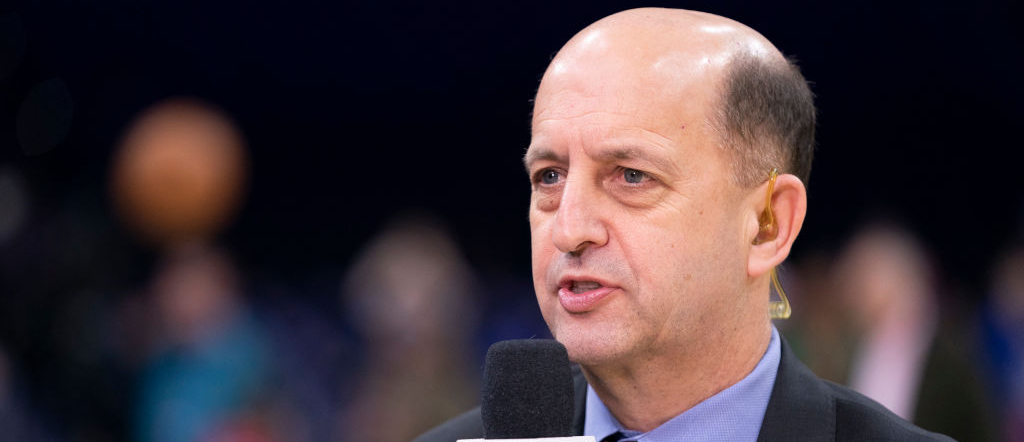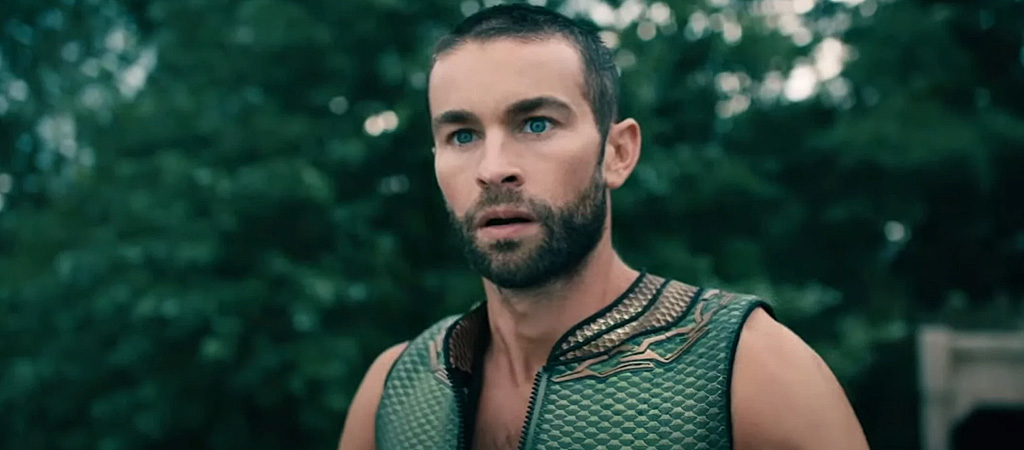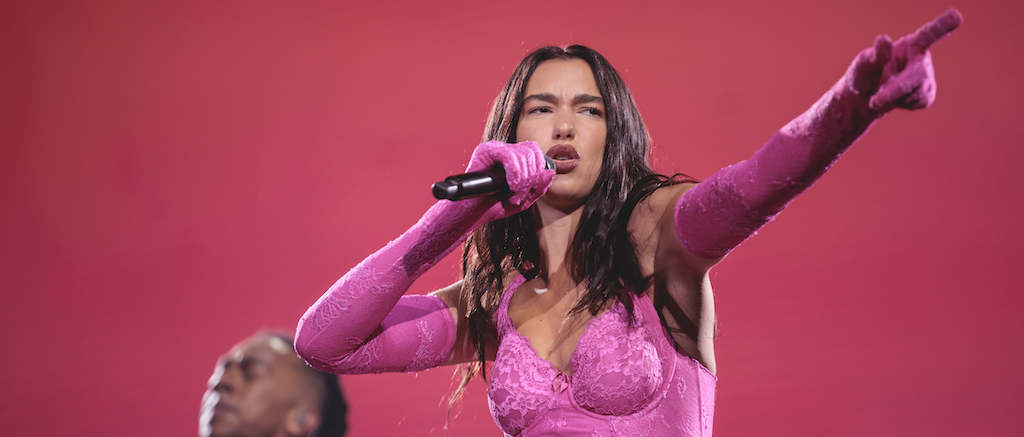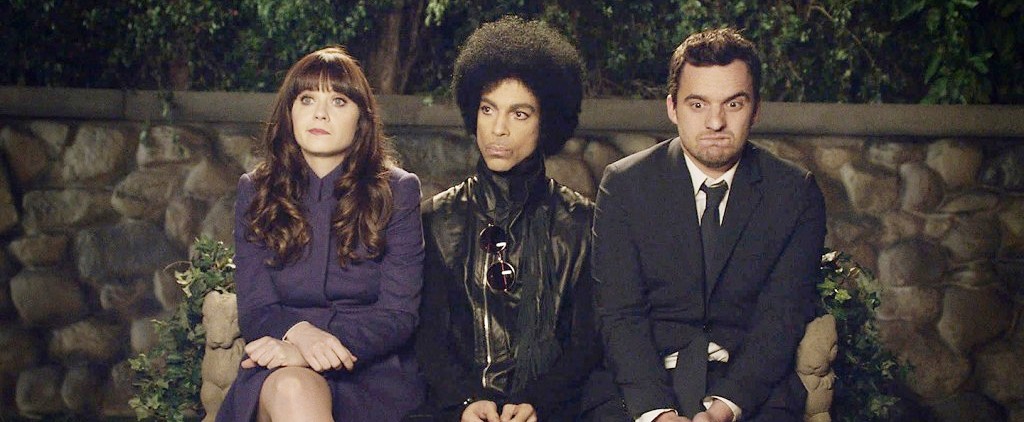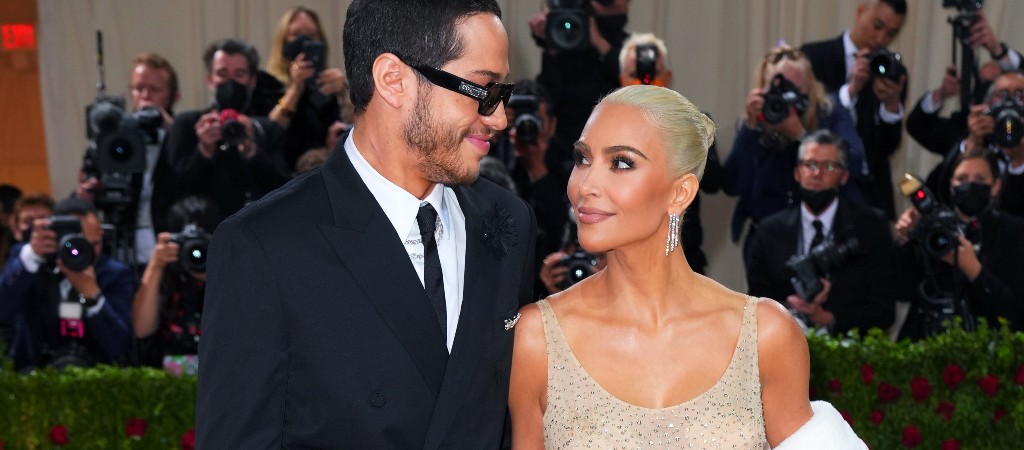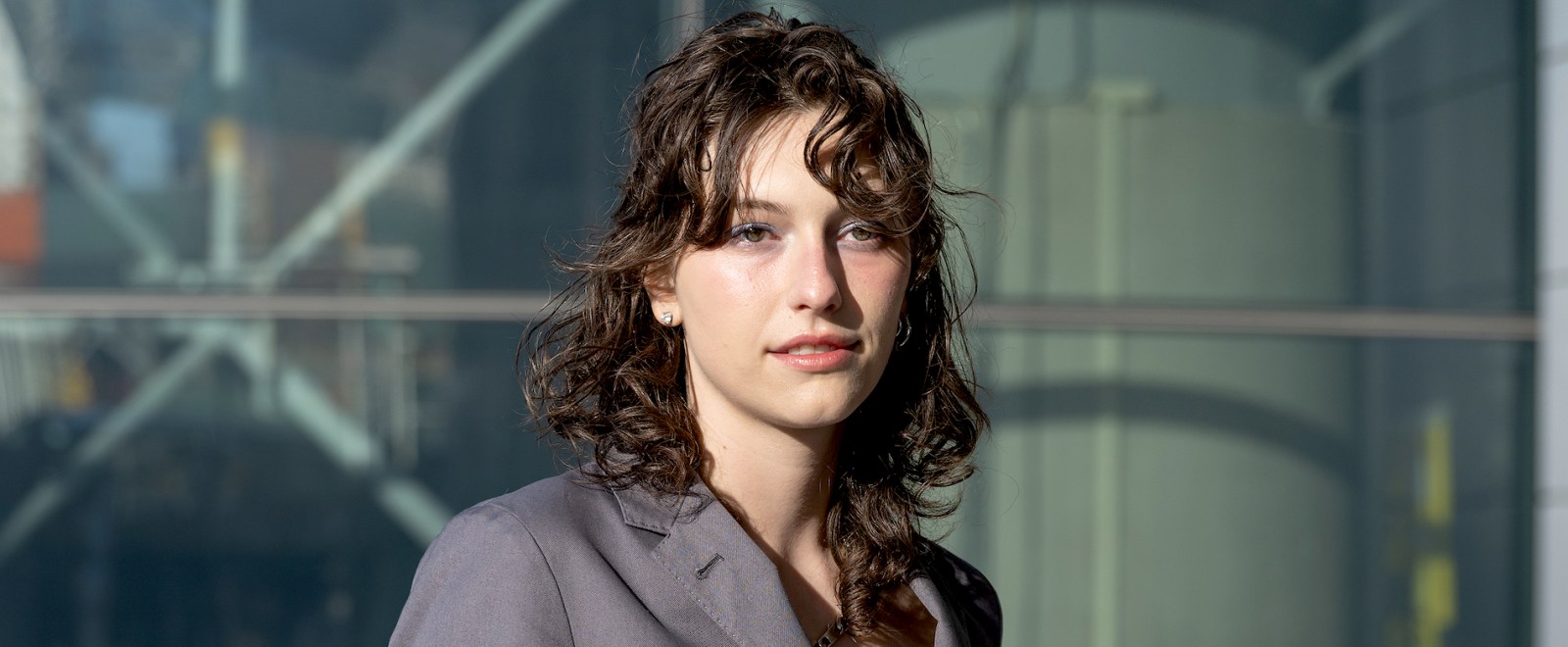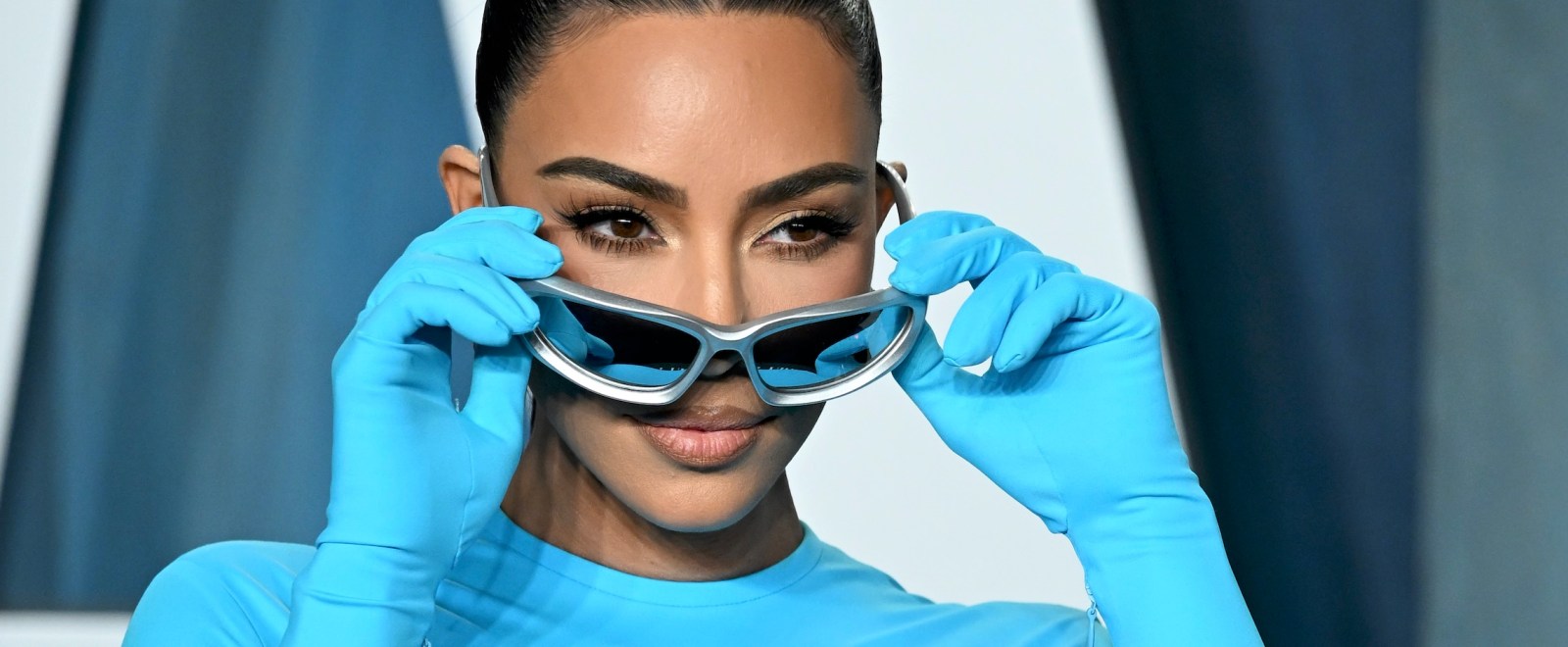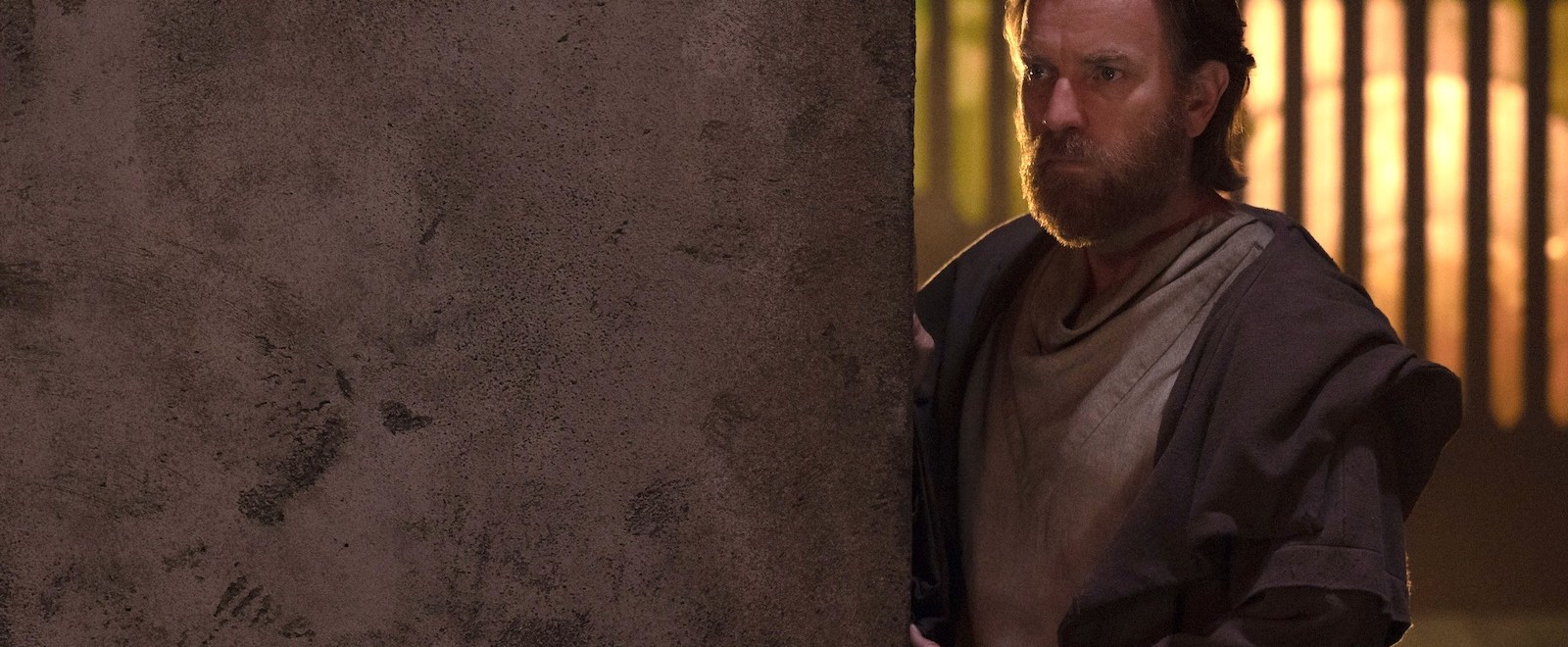
Ewan McGregor has always been the best part of the Star Wars prequels. The actor’s committed, emotional but stoic, funny but serious depiction of the heroic Jedi Obi-Wan Kenobi brought the often wooden and always green-screened films up multiple levels. Most importantly, McGregor continued the character Alec Guinness created in 1977’s Star Wars., rather than mimicking him. Guinness portrayed the character as the archetypal mentor, someone who cares deeply but is ultimately unemotional. Guinness’s Obi-Wan cared about Luke Skywalker, he cared about defeating the Empire and restoring balance in the Force. He was also conflicted about his past, but only vaguely.
McGregor, on the other hand, eliminated the fog by opening up the character emotionally from his body language, a look in his (dreamy) eyes, to an emphatic “hello, there!” In 2005’s Revenge of the Sith, Obi-Wan has a lightsaber battle with Anakin Skywalker. Although the dialogue is cheesy and much of the sequence green-screened to oblivion, the emotional impact is undeniable because McGregor gives it his all and sells it, from expositional dialogue (“Anakin, Chancellor Palpatine is evil”) to computerized flips to the now incredibly memed “I have the high ground” as he lifts his outstretched arms ever so slightly. When Obi-Wan leaves his former padawan limbless to burn on a volcanic planet, he leaves lost, broken, and guilty, a mere shadow of the young padawan first introduced in The Phantom Menace, and far, far away from the old man who mentors Luke Skywalker in Star Wars.
Based on the critical and fan reception of the prequels, Ewan McGregor probably never thought he would be playing Obi-Wan Kenobi again. The prequels were so poorly received that when Disney first took over the franchise in the 2010s, it essentially put all of its energy into course-correcting with a brand new sequel trilogy that would actually be good, made by groundbreaking filmmakers like . . . J.J. Spielberg (or is it Abrams?). The best part of the sequel trilogy’s disastrous third and final film, Rise of Skywalker (a better title would have been Somehow Palpatine Has Returned) is a brief moment when you can hear McGregor’s voice as Obi-Wan Kenobi.
The prequels hardened McGregor to Star Wars. Recently, the actor has opened up about his complex relationship with the films, and the franchise as a whole. “It was tricky at the time,” McGregor said at an Obi-Wan Kenobi press event in May. “They weren’t overwhelmingly embraced by everybody when they came out, our prequels,” He said. “It was nice to watch them now knowing that people love them. That the kids who we made them for at the time — they loved those films a lot. It was nice to watch them with that sense.”
Like so many of us (including me), McGregor has warmed up to the Star Wars prequels by accepting them for what they are: bloated but sincere messes with innovative yet occasionally sloppy technology, but in the end, a lot of heart. McGregor’s Kenobi is that heart, which he brings effortlessly to the Disney+ series Obi-Wan Kenobi. Three episodes in, the series is fine but a bit flat as a result of gluing itself to the Skywalker saga (when will it ever end/why are we still doing this, etc etc etc) and the concept of a middle-aged man flying around the Star Wars universe with a child. In just a simple glance as a piece of hair floats in front of his eyes, McGregor, who also manages to make his Jedi robes and his beard look sad, captures that raw emotion that always made his Kenobi so great, which makes Obi-Wan Kenobi more compelling than it is on paper.
In the third episode of Obi-Wan Kenobi, the titular former Jedi learns that the boy he left to die a decade ago is alive. They have another duel. Darth Vader is more powerful than Obi-Wan, who has grown weaker with the Force as Anakin has gotten stronger using the Dark Side. Darth Vader uses the Force to choke Obi-Wan and forces his body through raging fire: Vader’s revenge for being left for dead on Mustafar a decade ago. Although we know there are more episodes of Obi-Wan Kenobi left and that the character does not die until another movie, McGregor’s depiction of pain and suffering leaves you wondering, how will poor helpless get out of this one? He, of course, manages to escape Vader’s wrath with the help of some allies. The fear instilled in that scene exemplifies McGregor’s why performance as Obi-Wan Kenobi is so good and significant within the Star Wars universe. He can make you feel anything at any moment: fear, sadness, joy (he could say “hello there!” at any moment and it would work). Ewan McGregor is the heart of Star Wars because it is impossible to imagine Obi-Wan Kenobi and Star Wars without him.

